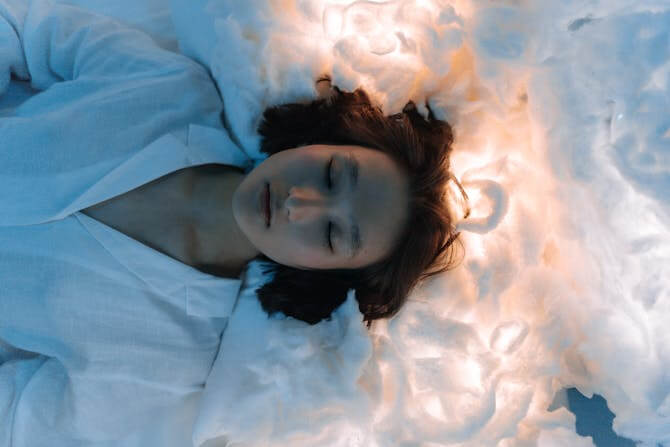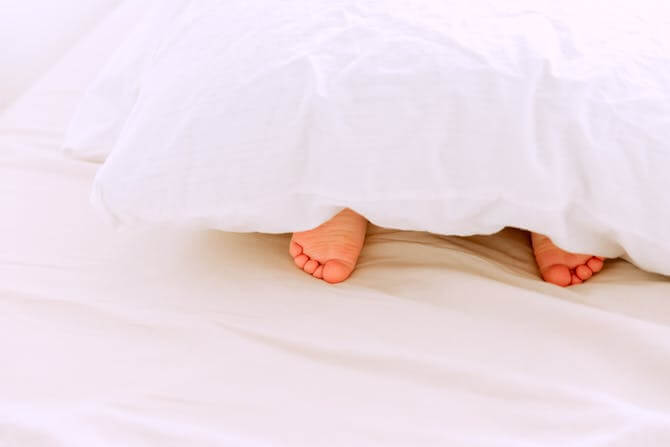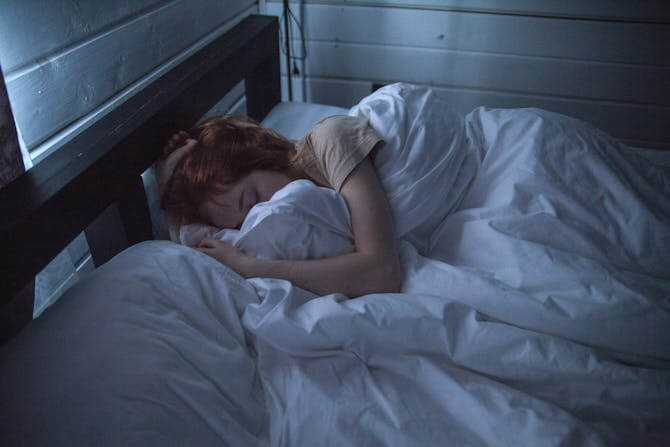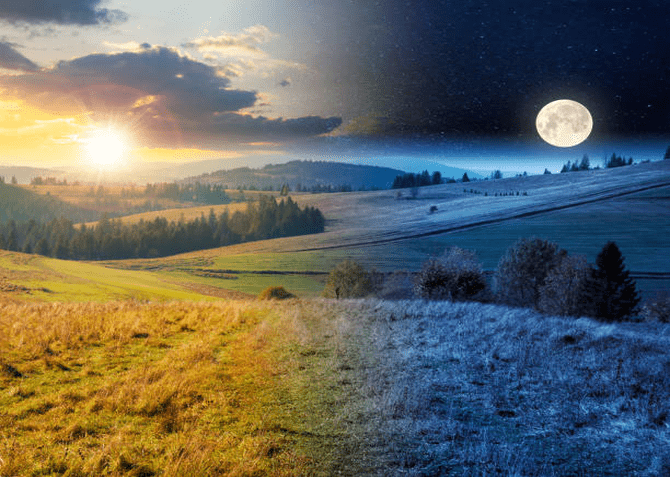
Dreams: What, Why and How?
These questions have puzzled scientists, psychologists, and curious minds alike for centuries. So what's the deal with those nighttime adventures our minds take us on?
Are they random figments of our imagination, or do they hold some deeper significance? Let's dive into the fascinating world of dreams.

First off, what's the deal with vivid dreams? You know, those Technicolor experiences that feel almost as real as waking life?
Sometimes they're thrilling adventures, other times they're downright bizarre.
But why do they happen?
Well, it turns out that during certain stages of sleep, particularly REM (Rapid Eye Movement) sleep, our brains are firing on all cylinders, creating a fertile ground for these vivid mental adventures.
Rapid eye movement is noticeable during this stage of sleep, along with increased brain activity, and vivid dreaming.
So, if you find yourself riding a unicorn through a rainbow-filled wonderland one moment and battling dragons the next, you can thank your brain's REM cycle for the show.
But the age-old question is "What do dreams mean?"

While there's no one-size-fits-all answer, many psychologists believe that dreams are a window into our subconscious minds. They're like snapshots of our inner thoughts, feelings, and desires, often revealing things we may not be consciously aware of.
So, that recurring dream about getting to work naked? It might not be about a fear of public nudity (though, hey, who knows?), but rather a manifestation of anxiety or insecurity in your waking life.
Similarly, those dreams where you're flying high above the clouds might symbolize a sense of freedom or empowerment. Of course, dream interpretation is highly subjective, so it's important to take these analyses with a grain of salt.
We have an article all about the types of dreams and what they mean.
Now, let's discuss the flip side of the dream coin: bad dreams.
You know, those unsettling nocturnal experiences that leave you waking up in a cold sweat, heart pounding in your chest.
Why do they happen? To be honest, there are loads of factors that can add to your nightmares, from stress and anxiety to certain medications or actual sleep disorders.
Sometimes they're your brain's way of processing negative emotions or experiences from your day-to-day life. Other times, they may be a manifestation of deeper psychological issues that could benefit from professional help.
Whatever the cause, having bad dreams from time to time is perfectly normal, but if they happen more and more, or impact your quality of life, it may be worth getting help from a mental health professional.

Now, let's talk a bit about the stages of sleep. Sleep isn't just a monolithic state of unconsciousness; it's a dynamic process comprised of several distinct stages, each with its unique characteristics and functions.
We've already touched on REM sleep, but what about the other stages?
Well, before REM sleep comes non-REM sleep, which is further divided into three stages: N1, N2, and N3.
N1 is the transition phase between wakefulness and sleep, where you might experience fleeting thoughts or vivid visions.
N2 is the stage of light sleep, where your body begins to relax and your heart rate and body temperature drop.
Finally, N3 is the deepest stage of sleep, also known as slow-wave sleep, where your body repairs and rebuilds tissue, muscles, and bones. During this stage you're least likely to wake up because of things happening around you, making it crucial for physical restoration and overall health.
For a more detailed look into the different stages of sleep, read our article about it.
So, why do we dream? Well, the truth is, there's still much we don't know about the mysterious world of sleep.
But one thing's for certain: dreams are an integral part of the human experience, offering us insight into our minds, emotions, and innermost thoughts.
Whether they're fantastical adventures or unsettling nightmares, dreams remind us that even when we're fast asleep, our brains are still hard at work, weaving stories and exploring the vast landscapes of our imagination.
So, the next time you find yourself drifting off into dreamland, remember to embrace the journey, wherever it may take you.
At Dormeo, we want to help you dream soundly and comfortably. Our range of memory foam and hybrid mattresses is suitable for all bedrooms and budgets.








Leave a Reply